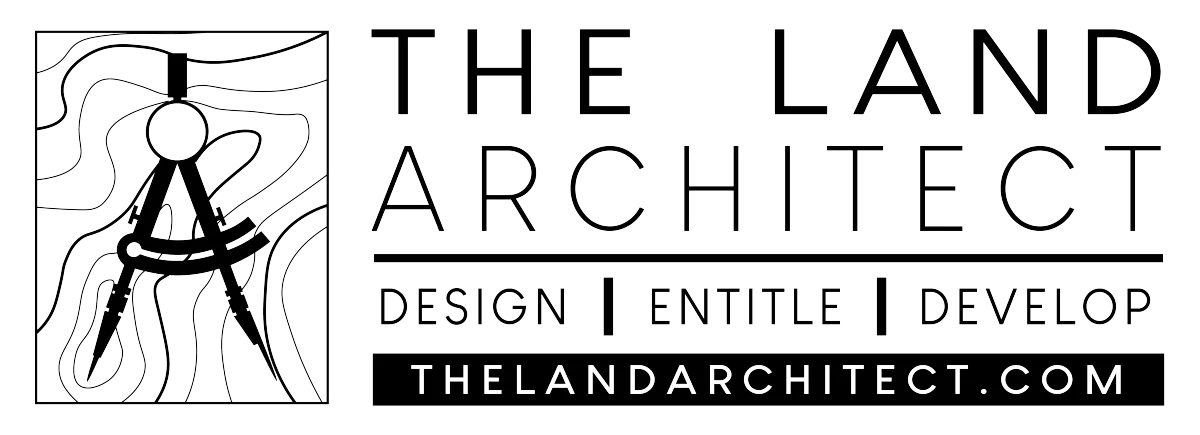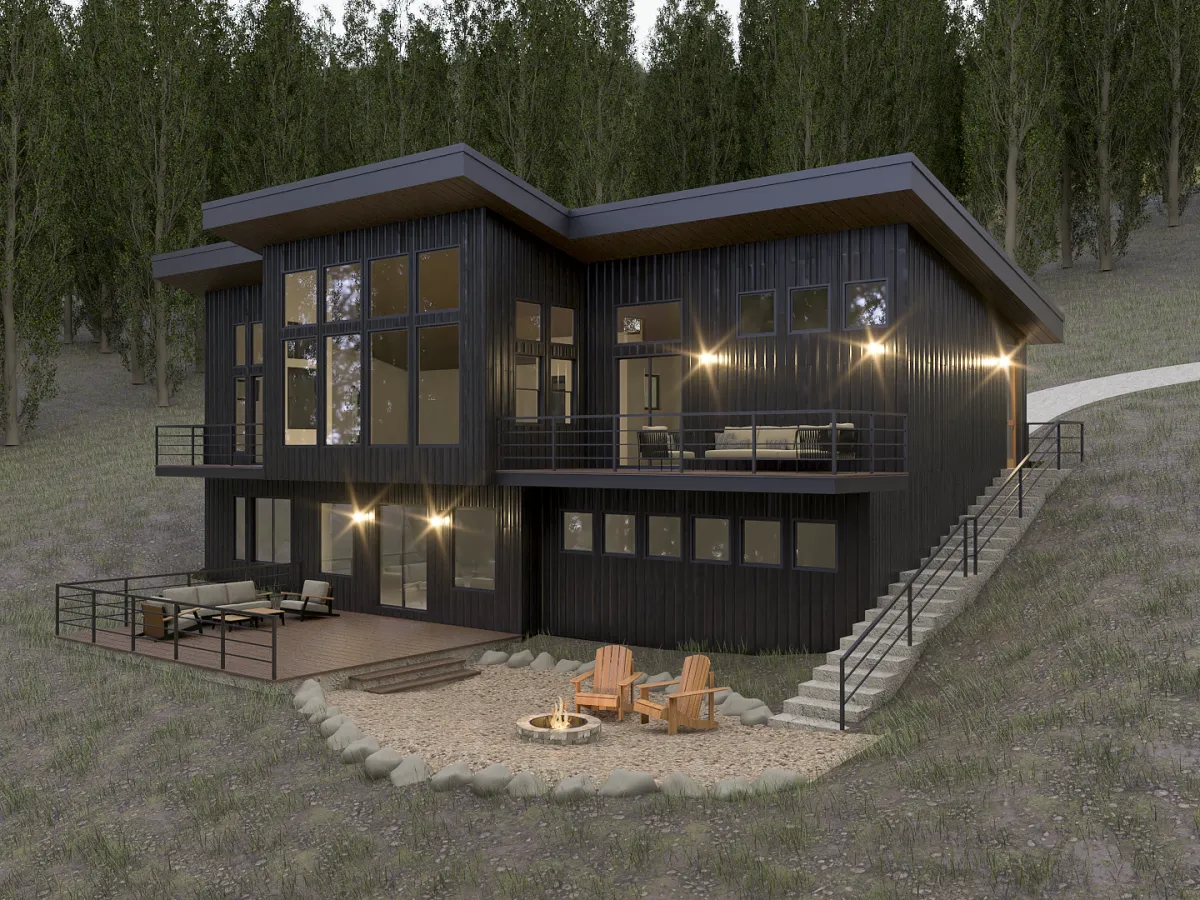Portfolio
Portfolio
Infill Development
Infill development refers to the construction or development of buildings, facilities, or housing on previously unused or underutilized land located within existing urban areas. It involves utilizing available spaces within established neighborhoods, often in densely populated urban settings.
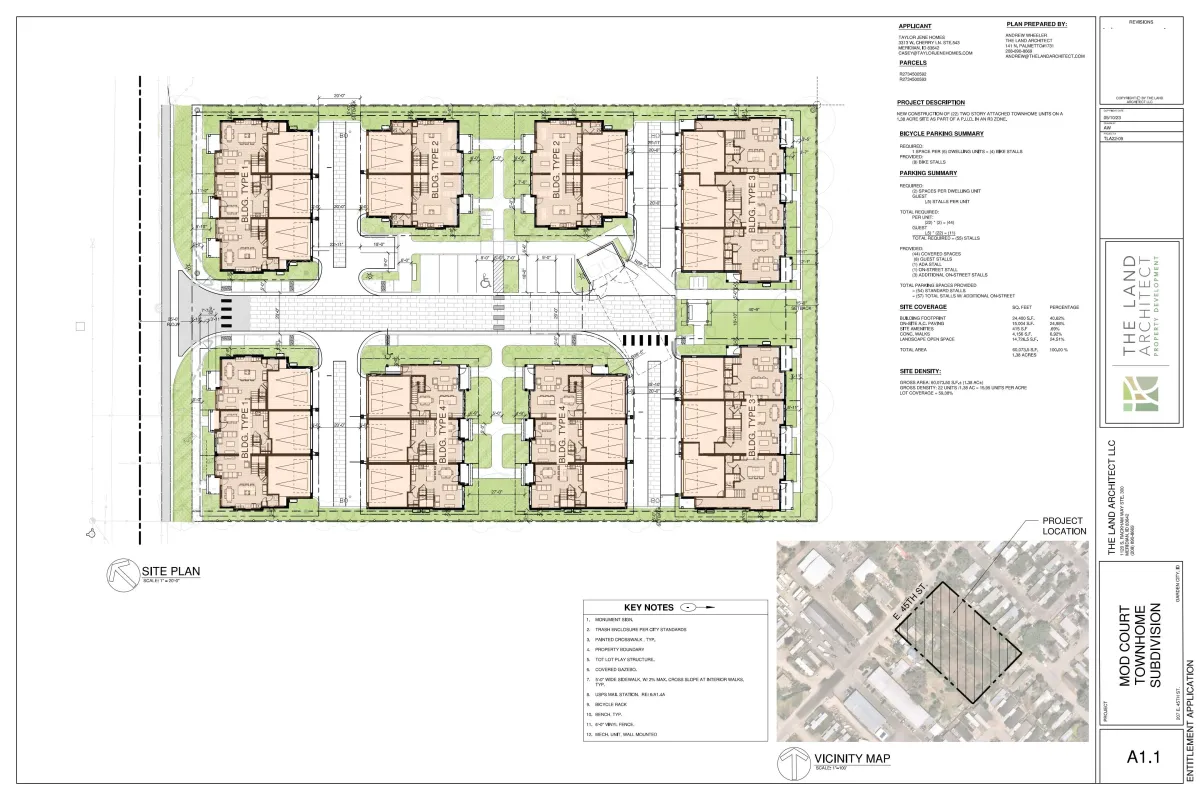


Reuse of Land: Infill development focuses on redeveloping land that may have been vacant or underused, such as empty lots, abandoned buildings, or areas between existing structures.
Urban Revitalization: It is a sustainable and efficient practice that revitalizes urban areas by breathing new life into unused spaces. It helps to combat urban sprawl by making the most of existing infrastructure.
Increased Density: Infill projects typically increase the density of urban areas, making them more walkable and accessible. This can lead to improved transportation options and reduced reliance on cars.
Mixed-Use Development: In many cases, infill developments incorporate mixed-use elements, combining residential, commercial, and recreational spaces within the same project. This promotes a vibrant and diverse urban environment.
Sustainability: Infill development is often seen as a sustainable practice because it minimizes the need for new infrastructure and reduces the environmental impact associated with urban expansion.
Community Benefits: It can bring economic benefits to communities by attracting businesses and residents to previously neglected areas, thereby increasing property values and fostering local economic growth.


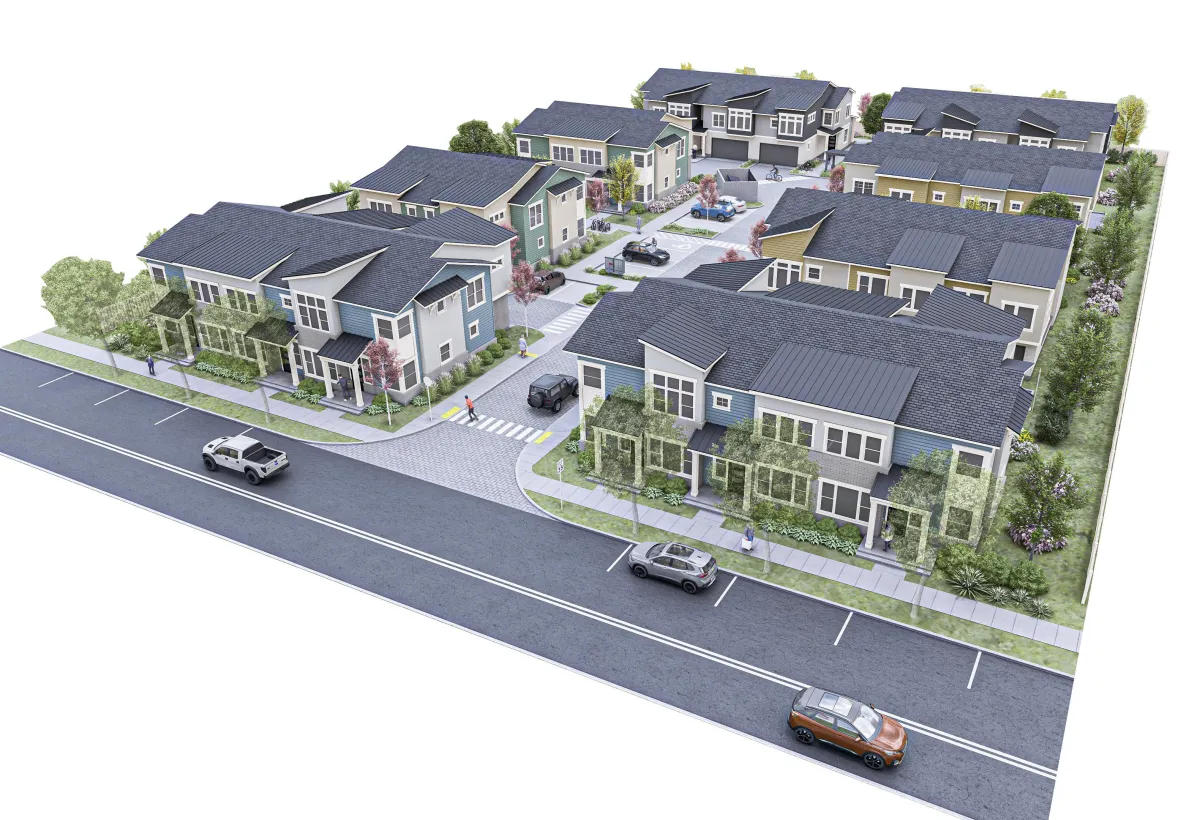


Overall, infill development is a strategy for making the most efficient use of existing urban land while contributing to the revitalization and sustainability of urban areas.
Infill Development
Infill development refers to the construction or development of buildings, facilities, or housing on previously unused or underutilized land located within existing urban areas. It involves utilizing available spaces within established neighborhoods, often in densely populated urban settings.



Reuse of Land: Infill development focuses on redeveloping land that may have been vacant or underused, such as empty lots, abandoned buildings, or areas between existing structures.
Urban Revitalization: It is a sustainable and efficient practice that revitalizes urban areas by breathing new life into unused spaces. It helps to combat urban sprawl by making the most of existing infrastructure.
Increased Density: Infill projects typically increase the density of urban areas, making them more walkable and accessible. This can lead to improved transportation options and reduced reliance on cars.
Mixed-Use Development: In many cases, infill developments incorporate mixed-use elements, combining residential, commercial, and recreational spaces within the same project. This promotes a vibrant and diverse urban environment.
Sustainability: Infill development is often seen as a sustainable practice because it minimizes the need for new infrastructure and reduces the environmental impact associated with urban expansion.
Community Benefits: It can bring economic benefits to communities by attracting businesses and residents to previously neglected areas, thereby increasing property values and fostering local economic growth.


Overall, infill development is a strategy for making the most efficient use of existing urban land while contributing to the revitalization and sustainability of urban areas.
Site Planning
Purpose: Site planning is the process of organizing and arranging the components of a site to achieve specific goals. It's about deciding how to use the land efficiently and effectively.
Components: Site planning considers factors like site layout, building placement, circulation (roads, pathways), green spaces, parking, utilities, and amenities. The goal is to create a functional and aesthetically pleasing environment.
Integration: It integrates the findings from the site analysis into the design process. For example, if the site analysis reveals soil issues, site planning would address this by deciding where to place buildings or infrastructure.
Sustainability: Site planning often emphasizes sustainable practices, such as maximizing natural lighting, minimizing environmental impact, and promoting walkability.
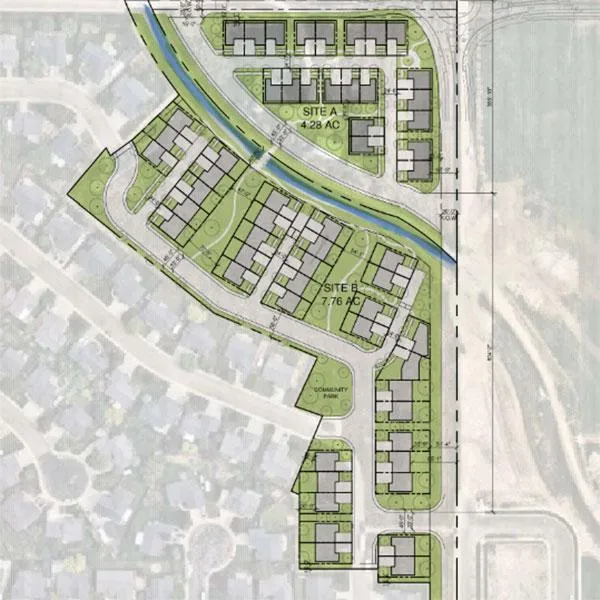




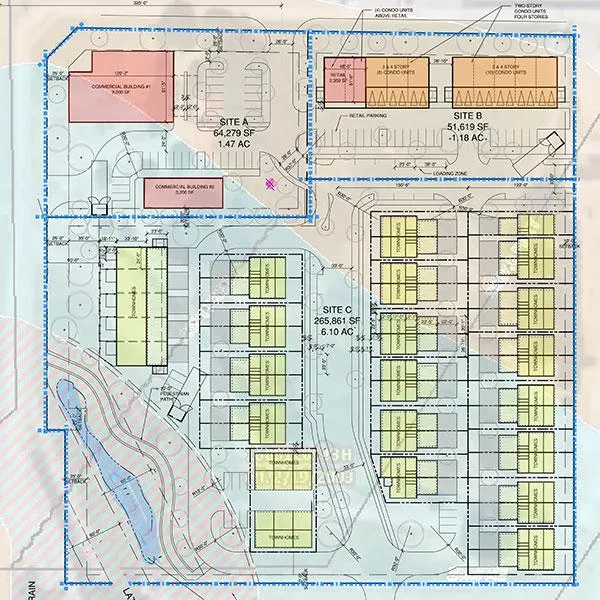
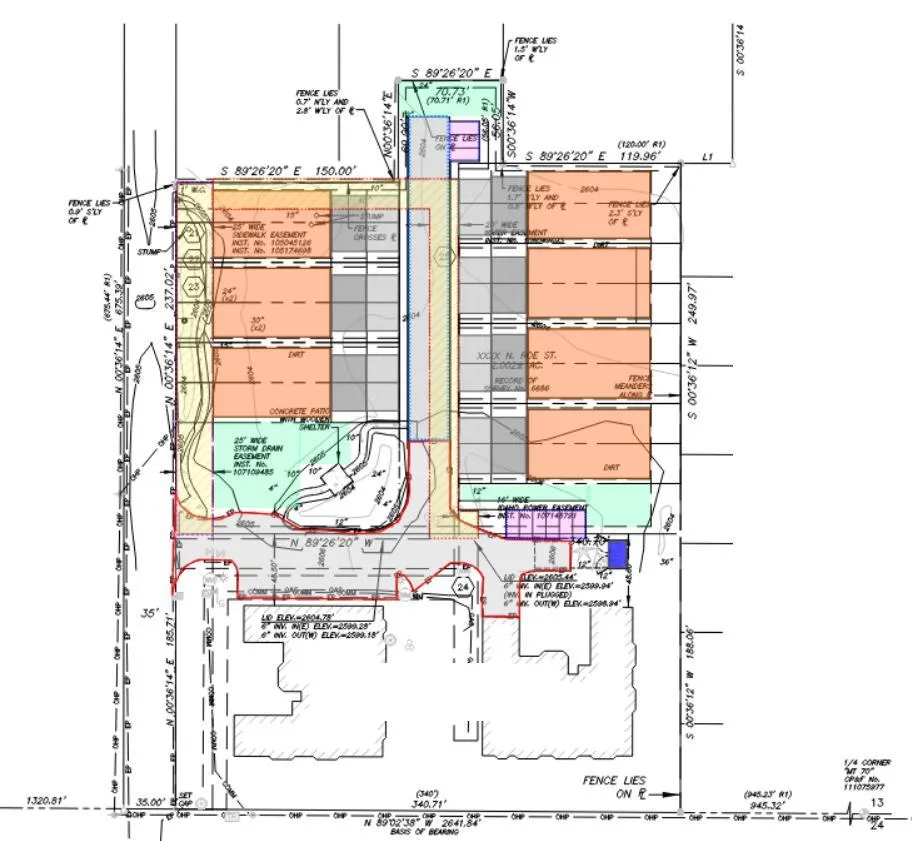




Site Planning
Purpose: Site planning is the process of organizing and arranging the components of a site to achieve specific goals. It's about deciding how to use the land efficiently and effectively.
Components: Site planning considers factors like site layout, building placement, circulation (roads, pathways), green spaces, parking, utilities, and amenities. The goal is to create a functional and aesthetically pleasing environment.
Integration: It integrates the findings from the site analysis into the design process. For example, if the site analysis reveals soil issues, site planning would address this by deciding where to place buildings or infrastructure.
Sustainability: Site planning often emphasizes sustainable practices, such as maximizing natural lighting, minimizing environmental impact, and promoting walkability.



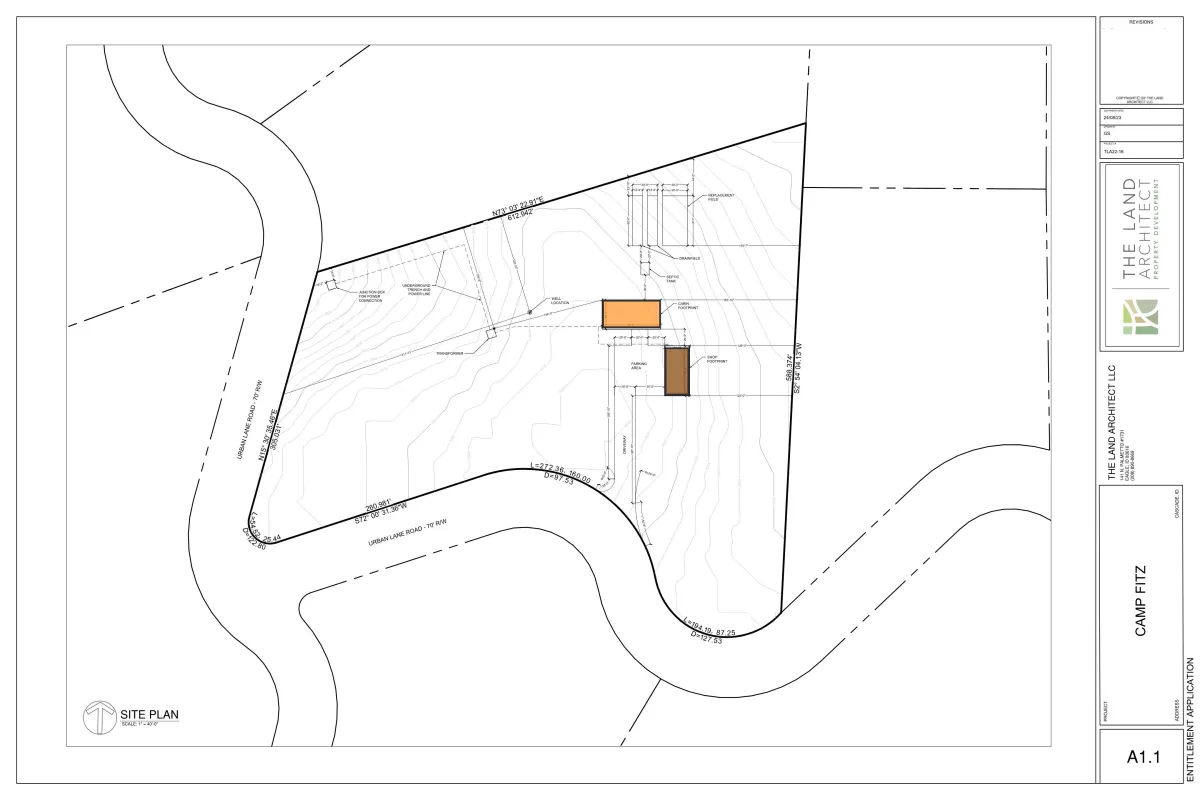






Site Analysis
Purpose: Site analysis is the preliminary phase of architectural and urban design. It's dedicated to studying various aspects of a site to gather information and insights necessary for informed decision-making during the design process.
Components: It involves studying climatic conditions, geographical features, historical context, legal regulations, and other site-specific factors. This comprehensive analysis helps designers understand the site's constraints and opportunities.
Data Collection: During site analysis, data is collected on factors such as topography, soil quality, vegetation, drainage, sun and wind patterns, existing structures, and cultural or historical significance.
Importance: Site analysis is crucial for creating designs that are contextually relevant and sustainable. It ensures that the design integrates with the natural and built environment and complies with local regulations.



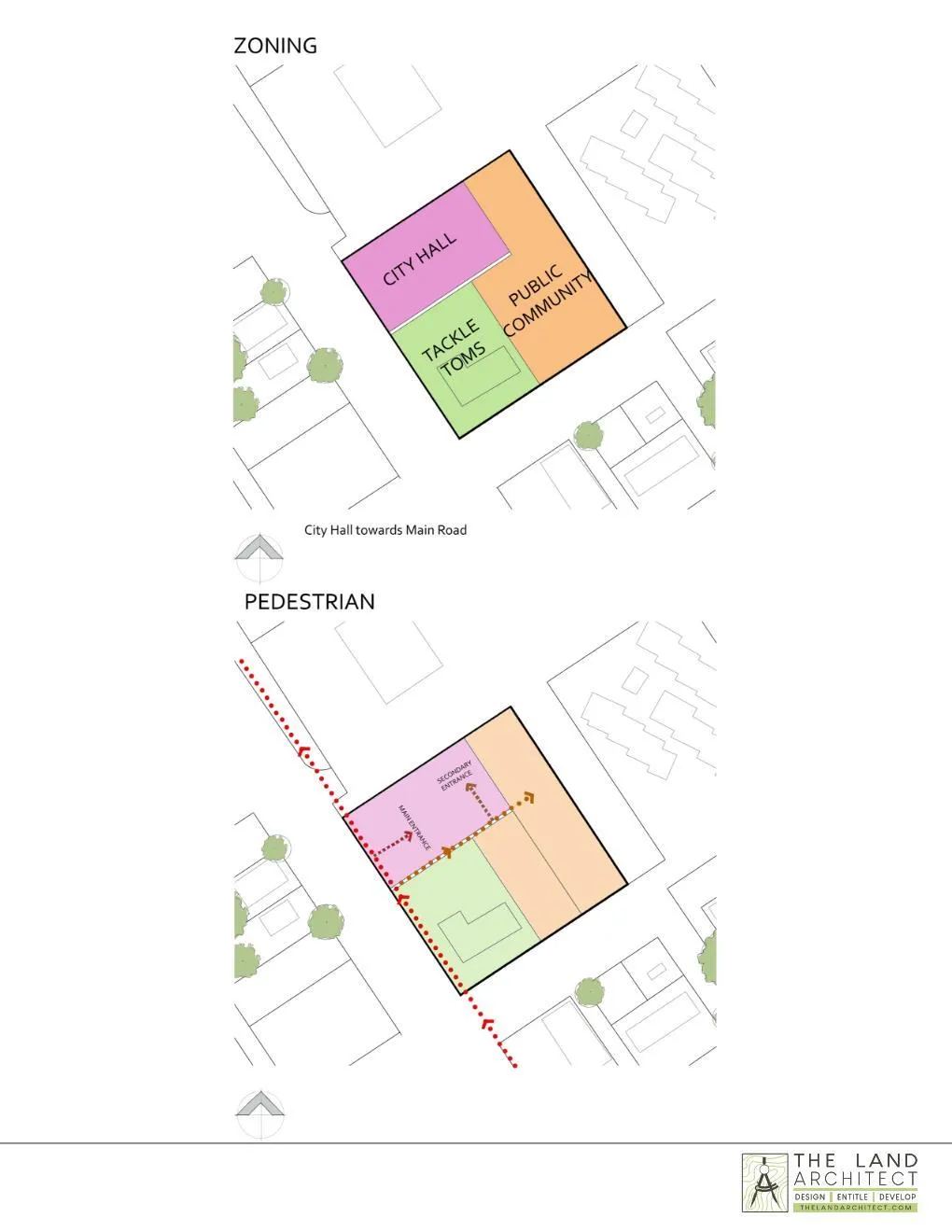
Affordable Housing
Purpose
Our mission is to deliver high-quality, affordable housing solutions that prioritize community well-being. We are dedicated to creating comfortable, functional, and cost-effective living spaces, ensuring that everyone can access a home that meets their needs without compromising on design or quality. Through our affordable housing projects, we aim to address housing shortages and provide opportunities for individuals and families to live in dignified, well-designed homes.
Components
Our affordable housing projects are thoughtfully designed to balance affordability with innovation. We focus on maximizing space, functionality, and aesthetic appeal while staying within budget. Each home is equipped with energy-saving technologies to reduce long-term costs for residents, and we use durable, sustainable materials that ensure the longevity of the structures. Our flexible layouts accommodate different family sizes and lifestyles, allowing for future expansion or modifications to meet changing needs.
Integration
We approach affordable housing as an integral part of the urban landscape. By working closely with local authorities and developers, we ensure that our projects fit seamlessly into existing neighborhoods. We prioritize community-centered planning, making sure that our developments enhance the surrounding areas while fostering a sense of belonging. Additionally, we focus on providing easy access to public transportation, allowing residents to commute efficiently and affordably. Mixed-use developments, which incorporate retail and recreational spaces, further enrich these communities, creating vibrant, self-sustaining environments.
Sustainability
Sustainability is a cornerstone of our affordable housing projects. We employ eco-friendly construction practices that minimize environmental impact, ensuring that our developments contribute positively to the planet. Green spaces, such as communal gardens and parks, are included in the designs to improve the quality of life for residents while promoting environmental stewardship. Our homes are also equipped with water and energy conservation systems, helping residents reduce utility costs and maintain an eco-friendly lifestyle. Through these efforts, we ensure that our affordable housing not only meets immediate needs but also supports long-term environmental and financial sustainability.
Our approach to affordable housing reflects our commitment to creating spaces that enhance quality of life, foster community, and contribute to a sustainable future.





Site Analysis
Purpose: Site analysis is the preliminary phase of architectural and urban design. It's dedicated to studying various aspects of a site to gather information and insights necessary for informed decision-making during the design process.
Components: It involves studying climatic conditions, geographical features, historical context, legal regulations, and other site-specific factors. This comprehensive analysis helps designers understand the site's constraints and opportunities.
Data Collection: During site analysis, data is collected on factors such as topography, soil quality, vegetation, drainage, sun and wind patterns, existing structures, and cultural or historical significance.
Importance: Site analysis is crucial for creating designs that are contextually relevant and sustainable. It ensures that the design integrates with the natural and built environment and complies with local regulations.




Custom Built Cabins
Our Collaborative Design Process
We embark on our design journey with a strong commitment to collaboration, dedicated to understanding your unique vision and requirements. Our experienced team of architects and designers works in close partnership with you, meticulously crafting concept sketches and 3D renderings that bring your creative concepts to vibrant reality.

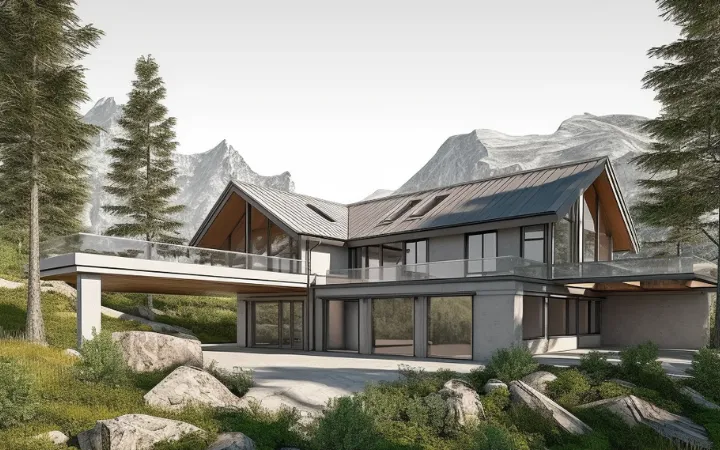

Custom Built Cabins
Our Collaborative Design Process
We embark on our design journey with a strong commitment to collaboration, dedicated to understanding your unique vision and requirements. Our experienced team of architects and designers works in close partnership with you, meticulously crafting concept sketches and 3D renderings that bring your creative concepts to vibrant reality.



The Land Architect
9201 W. State St, Suite 102, Boise, ID 83714
Office Hours
Monday - Friday: 9:00 AM - 5:00 PM
Connect With Us
Stay updated on our latest projects, news, and sustainable insights.
Let's Talk
Ready to discuss your project in more detail?
Book a consultation with our experts to explore possibilities and solutions tailored to your needs.

Real Estate Development | The Land Architect | Copyright ©2024 | Privacy Policy | Terms & Conditions
The Land Architect
9201 W. State St, Suite 102, Boise, ID 83714
Office Hours
Monday - Friday: 9:00 AM - 5:00 PM
Connect With Us
Stay updated on our latest projects, news, and sustainable insights.
Let's Talk
Ready to discuss your project in more detail?
Book a consultation with our experts to explore possibilities and solutions tailored to your needs.

Real Estate Development | The Land Architect | Copyright | All Rights Reserved ©2023 | Privacy Policy | Terms & Conditions
